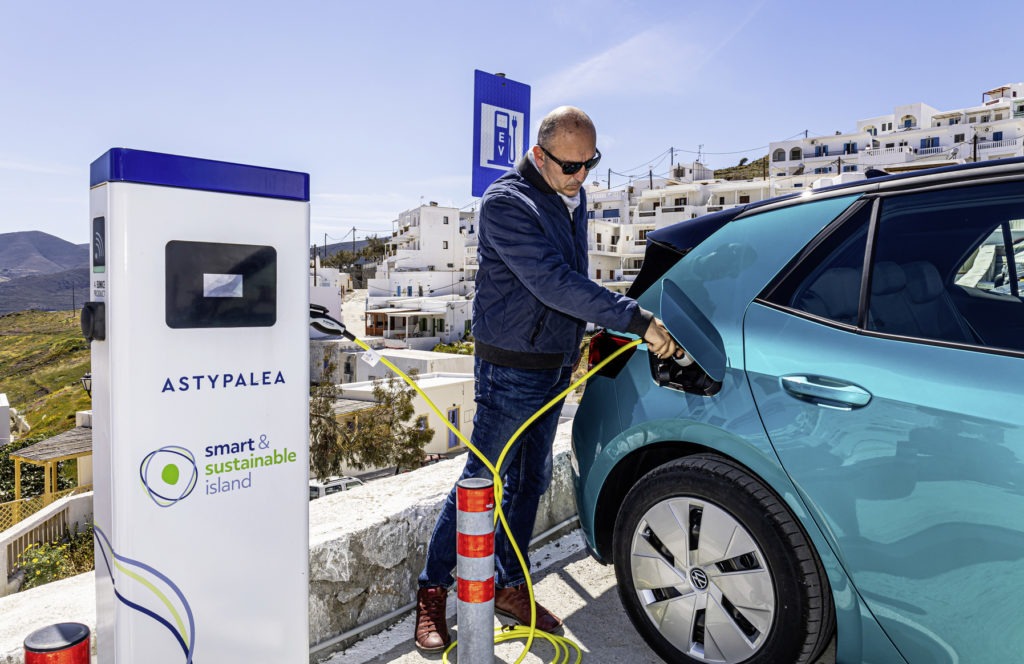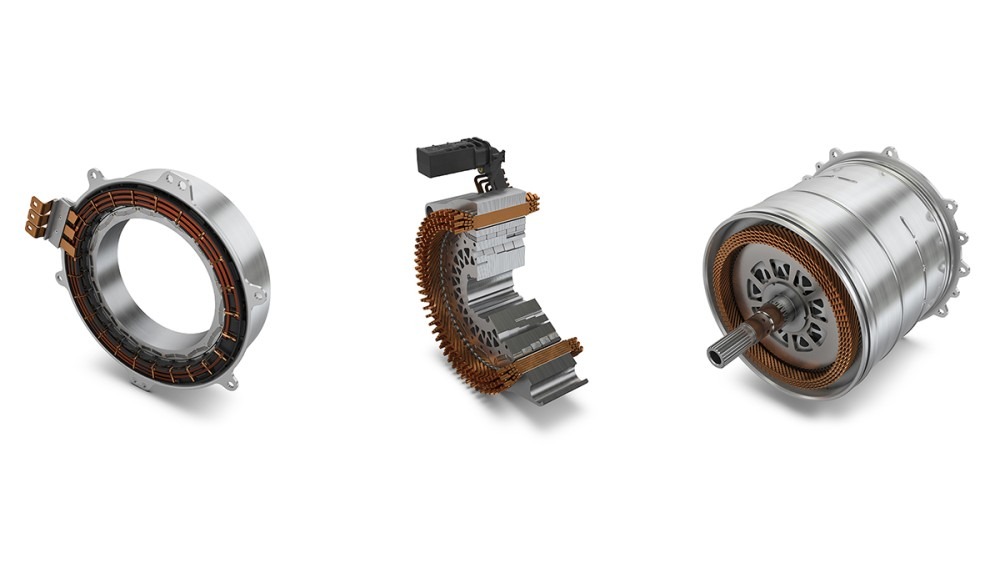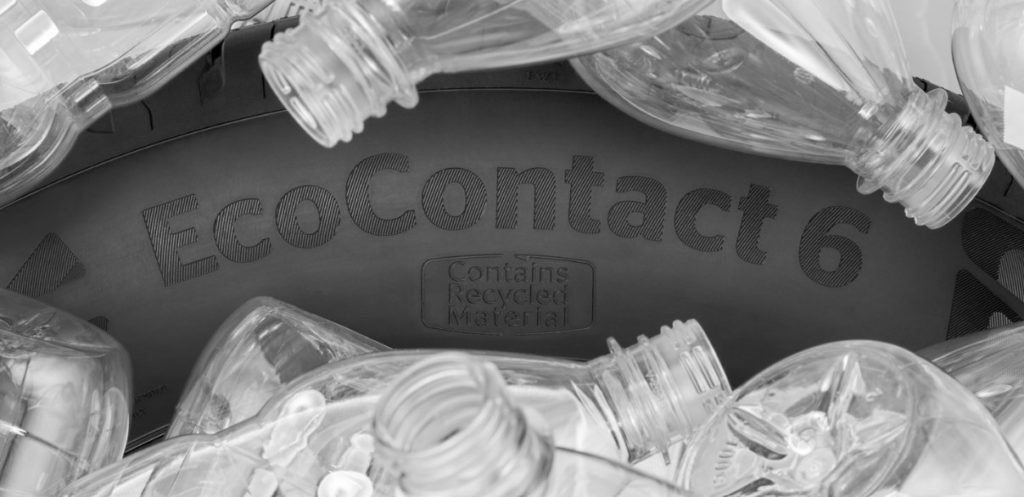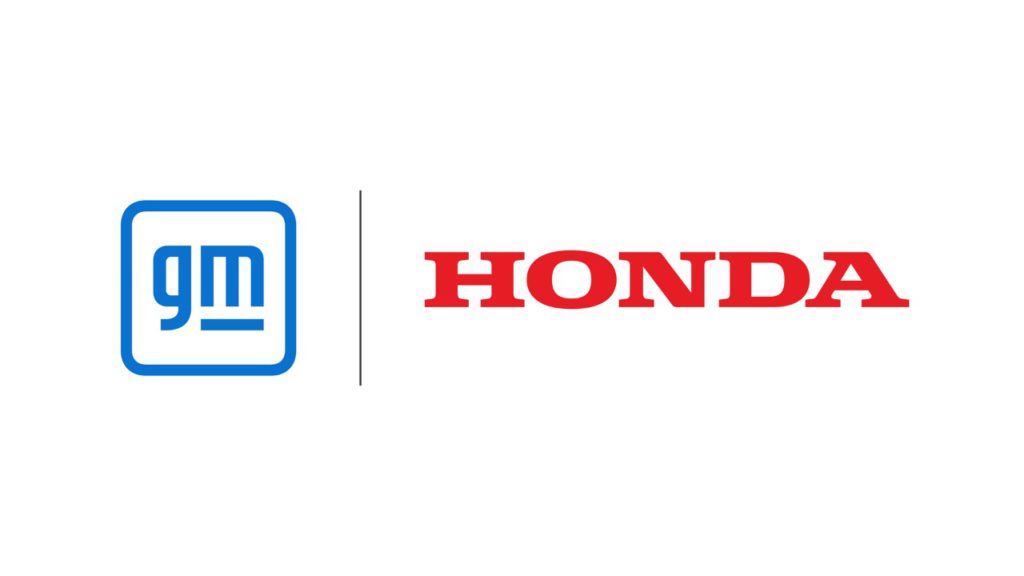Hyundai pushes for renewable electricity as VW looks to lower emissions
27 April 2022

Four Hyundai Motor Group affiliates have become members of Climate Group’s RE100. The global renewable energy initiative looks to bring together hundreds of large businesses committed to 100% renewable electricity.
Hyundai Motor Company, Hyundai Mobis, Hyundai Wai, and Kia Corporation will aim to transition to 100% renewable energy by 2050. The four companies will make independent efforts to achieve these targets, it is hoped as early as 2040, depending on market conditions and demand.
The Hyundai affiliates will join over 350 other global companies as part of Climate Group’s RE100. The Climate Group is an international non-profit founded in 2003 and works with business and government leaders to address climate change, with a focus on reducing greenhouse gas emissions and pushing forward the use of renewable energy.
As part of the RE100 framework, companies can engage in peer-to-peer learning and highlight their climate-conscious achievements. Members must have a significant power footprint, around 100GWh annually, and are required to submit mid-to-long-term renewable energy power securing plans within a year of joining.
Solar and wind key to 100% renewable electricity
The four companies hope to establish a joint RE100 response system at global sites as part of the overall goal to achieve carbon neutrality. These include self-production of electricity through solar panels, power purchase agreements with wind and solar energy producers, as well working through Korea Electric Power Corporation’s green premium programme.
Additionally, over-arching plans from the group include the construction of an eco-friendly smart factory for efficient production, acceleration of vehicle electrification, as well as emphasising the drive towards carbon neutrality in its global supply chain.
VW raise emissions reduction targets
Elsewhere, Volkswagen (VW) has announced plans to further reduce its vehicle carbon emissions. The carmaker wants to raise its projected reduction targets to 50% by 2030, from 30% compared to 2018 figures. This aligns with findings from the independent Science Based Targets initiative (SBTi).
The SBTi is designed to help companies set emission reduction targets in line with climate science and Paris Agreement goals. It scientifically reviewed and upgraded the ambition of VW’s emissions reduction production goals, raised its target from below two degrees global warming to 1.5 degrees for its scope one (internal operations) and scope two (energy supply) emissions.
In September 2020 the SBTi first assessed VW’s emissions reduction targets, finding that its plans were in line with the Paris Climate Agreement’s requirement to limit global warming to well below two degrees.
The latest SBTi assessment comes as VW increases its external electricity yield to 96% originating from renewable sources at its EU sites. The aim is to increase renewably sourced electricity to 100% by 2030. Additionally, VW is working to decarbonise supply chains and recycling vehicles and vehicle components.
‘Whether the earth warms by 1.5 or two degrees Celsius by 2050 has a major impact on developments such as species extinction, droughts and rising sea levels,’ commented the chairman of the board of management of VW, Herbert Diess. ‘VW is taking its responsibility to protect the world for future generations. That is why we are sharpening our own emissions reduction targets in production after less than two years. We are pleased that the SBTi initiative recognises this.’



